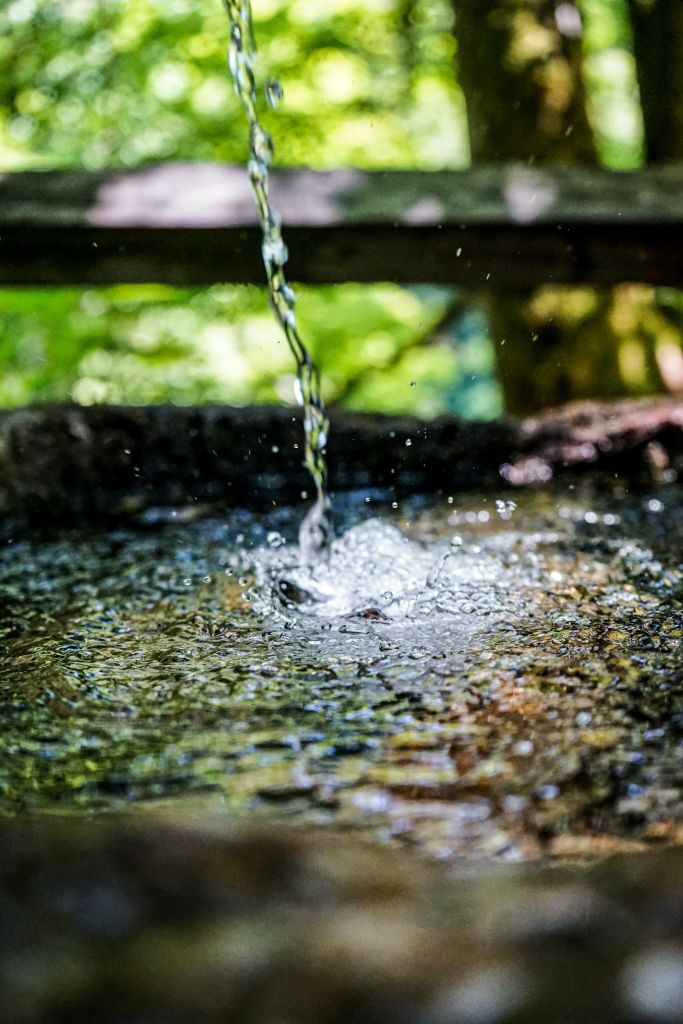Water is a precious resource, and it cannot be easy to access in some areas. In these cases, drilling a water bore can be an effective solution to provide a reliable water source. Water bore drilling involves drilling a hole in the ground to reach an underground aquifer and extracting water from it. In this blog post, we will discuss the process of water bore drilling and its benefits.
The Process of Water Bore Drilling
The process of water bore drilling involves several steps. The first step is to conduct a site survey to determine the best location for the bore. This involves analysing the geology of the area, as well as the depth and quality of the aquifer. Once the location has been chosen, the drilling equipment is brought to the site, and the drilling process begins.
The drilling process typically involves using a rotary drill capable of drilling through various rock and sediment types. The drill bit is lowered into the ground and rotated, allowing it to break through the rock and sediment and create a hole. As the hole is drilled, a steel casing is inserted to prevent the walls of the bore from collapsing. This casing also helps to avoid water contamination by surrounding soil and debris.
Once the bore has been drilled, a pump is installed to extract water from the aquifer. The water is then stored in a tank or reservoir, where it can be used for various purposes, including irrigation, livestock watering, and domestic use. The pump is powered by electricity or a diesel engine, depending on the location and the availability of power sources.
Benefits of Water Bore Drilling
There are several benefits too drilling a water bore. One of the primary benefits is the ability to access a reliable water source in areas where surface water sources are limited or unreliable. This can be especially important in agricultural areas, where access to water is essential for crop growth and livestock watering. Water bores can also supplement existing water sources, such as wells or municipal water supplies.
Another benefit of water bore drilling is the potential for cost savings over the long term. While the initial cost of drilling a bore can be significant, the ongoing cost of extracting water from the bore is typically much lower than the cost of purchasing water from a municipal supply or trucking in water from a remote source. This can be especially important in remote or rural areas, where the cost of transporting water can be prohibitively expensive.
 Environmental Benefits of Water Bore Drilling
Environmental Benefits of Water Bore Drilling
Water bore drilling can also have environmental benefits. By reducing the reliance on surface water sources, water bores can help to conserve water resources and reduce the impact of droughts and other water shortages. Water bores can also be designed to minimise the environmental impact of the drilling process, such as by using non-toxic drilling fluids and minimising the amount of waste generated.
Cost Savings of Water Bore Drilling
In addition to the cost savings mentioned earlier, drilling a water bore can have additional cost benefits. For example, drilling a bore can increase the value of a property, as it provides a valuable resource. This can be especially important for agricultural properties or properties in remote areas with limited water access. Additionally, water bore drilling can be a good investment for businesses or organisations that require a reliable water source.
Conclusion and Considerations for Water Bore Drilling
Water bore drilling can be a valuable method for accessing groundwater resources in areas where surface water sources are limited or unreliable. With proper planning and management, water bores can provide a reliable and cost-effective water source for various purposes while also helping to conserve water resources and minimise environmental impacts.
If you are considering water bore drilling for your property or business, it is crucial to work with a reputable drilling company with experience and expertise in the field. A professional company can help you assess your water needs, choose the best location for the bore, and ensure that the drilling process is done safely and efficiently. They can also provide ongoing maintenance and repair services to keep your bore functioning correctly.
Before drilling a water bore, obtaining any necessary permits and complying with local regulations is vital. It would help to consider the potential impact on neighbouring properties, such as changes to groundwater levels or potential aquifer contamination.
In conclusion, water bore drilling can provide a valuable source of water for a variety of purposes while also offering cost savings and environmental benefits. If you are considering drilling a water bore, it is crucial to work with a professional drilling company like Darr Drilling and carefully consider the potential impacts and advantages of the project. Proper planning and management can make a water bore a valuable investment for your property or business.
 Environmental Benefits of Water Bore Drilling
Environmental Benefits of Water Bore Drilling